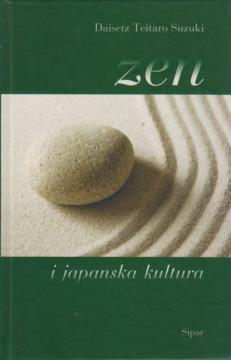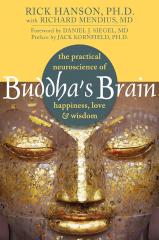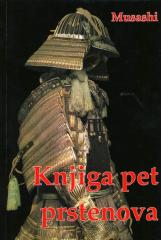
Zen i japanska kultura
This classic work is one of the most influential Western introductions to Zen Buddhism. Suzuki, the world's most famous interpreter of Zen, shows how Zen has shaped almost every aspect of Japanese culture from the 12th century onwards.
Today, the classic work of the Japanese scholar of Zen Buddhism represents an indispensable reference that, since its first edition (in 1938 in Japan, and under this title in 1959 in the USA), "ignited a spark of interest in Buddhism and Japanese traditional arts on a popular and scientific level." The author focused on providing the Western reader with better quality translations of Buddhist texts with an overview of the basic concepts of spiritual discipline, and notes on Japanese artistic culture.
The book is divided into thematic chapters:
- Zen and the Samurai Spirit - explains why the samurai embraced Zen: directness, calmness in the face of death, "no-mind" (mushin) in battle and bushidō as Zen in practice.
- Zen and the tea ceremony - the chanoyu ritual is not just a drink, but a spiritual exercise of compressing the four principles: wa (harmony), kei (respect), sei (purity), jaku (calmness).
- Zen and the sword – a story about the "sword that gives life" versus the "sword that kills"; legendary masters like Takuan Sōhō and Yagyū Munenori.
- Zen and haiku – how Bashō, Buson and Issa achieve enlightenment in 17 syllables; haiku as a moment of satori.
- Zen and gardens – dry landscapes (karesansui) of Ryoan-ji and Daisen-in as three-dimensional koans.
- Zen and calligraphy and painting – Sesshū, Hakuin and "one brushstroke" that lasts forever.
Suzuki emphasizes that Zen is not a philosophy but an experience: "Zen is like a finger pointing to the moon - you should not look at the finger, but at the moon." For him, Japanese culture is not "applied Zen", but Zen that has become unconscious of itself - the highest level.
The book is full of anecdotes (eg the master hitting the student with a stick to wake him up), paradoxes and koan quotes. Although it was written more than half a century ago, it remains unsurpassed in its depth and simplicity of expression, and is still today the most valued bridge between Eastern spirituality and the Western reader.
No copies available
The last copy was sold recently.





